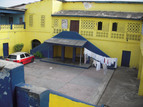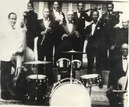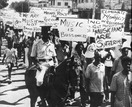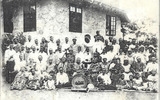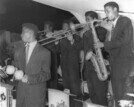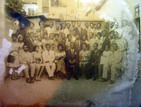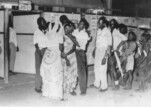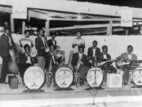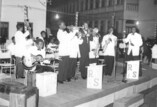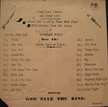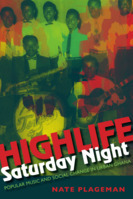
Highlife Saturday Night:
Popular Music and Social Change in Urban Ghana
Indiana University Press, 2012
ISBN 978-0-253-00729-2
336 Pages
Summary
Highlife Saturday Night captures the vibrancy of Saturday nights–when musicians took to the stage and dancers took to the floor–in this penetrating look at musical leisure during a time of social, political, and cultural change. Framing dance band “highlife” music as a central medium through which Ghanaians negotiated gendered and generational social relations, Nate Plageman shows how popular music was central to the rhythm of daily life in a West African nation. He traces the history of highlife in urban Ghana during much of the 20th century and documents a range of figures that fueled the music’s emergence, evolution, and explosive popularity.
Contents
Acknowledgements
Ethnomusicology Multimedia Series Preface
Introduction: The Historical Importance of Urban Ghana’s Saturday Nights
1. Popular Music, Political Authority, and Social Possibilities in the Southern Gold Coast, 1890-1940
2. The Making of a Middle Class: Urban Social Clubs and the Evolution of Highlife Music, 1915-1940
3. The Friction on the Floor: Negotiating Nightlife in Accra, 1940-1960
4. “The Highlife was Born in Ghana”: Politics, Culture, and the Making of a National Music, 1950-1965
5. “We Were the Ones Who Composed the Songs”: The Promises and Pitfalls of Being a Bandsman, 1945-1970
Epilogue
Glossary
Notes
Discography
Bibliography
Index
Biography
Nate Plageman is Assistant Professor of History at Wake Forest University.
Online media for this book

 or
or



